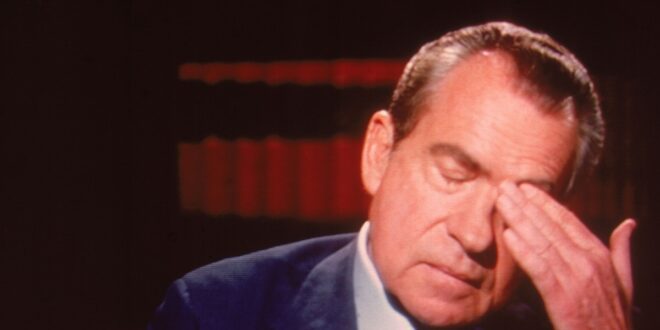Presidential pardons are once again making headlines as former president Donald Trump faces a third federal indictment charging him with election interference. The question arises of whether Trump could pardon himself if he were to be re-elected in 2024 or if a future president would pardon him, similar to what happened with Richard Nixon and Gerald Ford. The power of a president to pardon dates back to the founding of the United States, with Alexander Hamilton proposing the idea during the Constitutional Convention in 1787. The concept of granting clemency to those who committed crimes was not new, as English monarchs and colonial governors had that authority. The Constitution grants the president the power to grant pardons for offenses against the United States, with the exception that they cannot use it to prevent impeachment. Four types of pardons are available to presidents for federal crimes, including wiping out the crime, reducing sentences, remitting fines, and postponing sentences. The issue of a president’s pardon power was debated, with concerns raised about the potential for abuse. The first presidential pardons showed mercy to those who committed treason, such as President George Washington pardoning organizers of the Whiskey Rebellion in 1795. Presidents have continued to pardon controversial figures throughout history, including Thomas Jefferson pardoning those convicted under the Sedition Act of 1798. There have been cases where presidential pardons were rejected, such as Andrew Jackson’s pardon of George Wilson in 1833. Lincoln’s refusal to authorize the execution of Dakota men in 1862 was politically unpopular but reflected his concern for the fairness of trials. Andrew Johnson’s blanket pardon of former Confederates after the Civil War and subsequent personal pardons drew criticism. The power to issue pardons, including preemptive pardons, was tested with Richard Nixon and Gerald Ford. The legality of a president pardoning themselves is a topic of debate among legal scholars, as the Constitution does not explicitly address it. Some argue that the lack of a specific prohibition implies that a president can self-pardon, while others believe it would be illegal based on the Constitution and precedent. Regardless, a self-pardon would not protect against prosecution for state crimes.

 Mind Uncharted Explore. Discover. Learn.
Mind Uncharted Explore. Discover. Learn.



